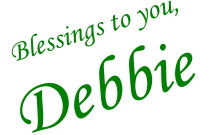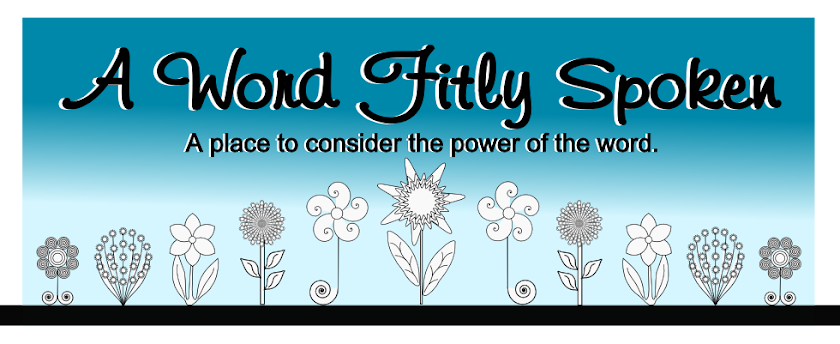 I recently came across a little booklet that made me want to stand up and shout. It is a “Special Abridged Edition” of the book The Road to Serfdom, by Friedrich A. Hayek. I don’t know what it says and have no idea if I agree with the message, because I haven’t read it yet. Nevertheless, I am glad I picked it up.
I recently came across a little booklet that made me want to stand up and shout. It is a “Special Abridged Edition” of the book The Road to Serfdom, by Friedrich A. Hayek. I don’t know what it says and have no idea if I agree with the message, because I haven’t read it yet. Nevertheless, I am glad I picked it up.Since this book was originally printed 67 years ago, the editor felt a clarification was necessary for the modern reader. At the beginning of the book is “a note to the reader”. It is summed up in the final paragraph, which I quote below:
Please understand that when Hayek mentions “liberals” and “liberalism”, he is generally referring to your conservative principles and mine, not those of today’s American liberals or self-described progressives.Liberal? I’m a liberal? Who knew? Apparently, years ago I would have been considered one. What a drastic difference 67 years can make.
And that’s my point. How can the meaning of a word change so much? I believe a word should always mean the same thing it started out meaning. Instead, I am told that language is static; ever evolving. It’s just a natural occurrence that can’t be prevented.
I sometimes have a vague idea of the meaning of a word, but on occasion, I need to know the exact definition. During my college years, we were expected to have up-to-date dictionaries so I replaced my ragged one with a new edition of the Merriam-Webster Collegiate Dictionary. After looking up a few words in this new dictionary, though, I felt I had wasted my money. When compared to my previous notion of what the words meant, and to the definitions from my old dictionary, the new ones were slightly off. Disappointed, I put the new book up on the shelf, and for many years, reverted to using the old one.
As a writer, I realize I must accept this evolution of language. I have even acquiesced to using the newest edition of Merriam-Webster. There is no way to prevent society from assigning a new meaning to a word, and so, dictionaries are edited and updated every ten years. But what about the millions of previously published books? In 50 years, or a hundred, will the author’s words say what they were meant to say? Legal documents, classic literature and historical accounts may not be understood properly. What repercussions does that have?
What about the Bible? I have always loved the King James Version, but I have to admit, if there was ever a reason to accept the need for newer translations, this would be it. It is, and always will be true that God never changes, nor do his promises. However, if the message we receive from the Bible is different from the original meaning of the words, then we haven’t really heard from Him.
People like to say that the Bible is full of contradictions. Maybe this is part of the reason for that impression. If it seems that way to you, maybe you should not be so quick to discredit the whole book. Instead, do some deeper study. It may be that all you need to do is sit in on some sermons at a Bible-believing-and-teaching church. It is not uncommon for preachers to refer to the original Greek and Hebrew words as they address different passages in the Bible. Their intent is not to flaunt their education. It is to impart to the congregation a true understanding and relevance of passages that were written hundreds of years ago. That’s almost like hearing it first hand.
Surely, that is better than resorting to the newest dictionaries to define the oldest of words.


Great article and SO true! Thanks!!
ReplyDeleteThat's why we own an 1828 Webster's ~ We love the KJBible!
ReplyDeleteI also refer to the OLD texts! I totally agree with your "surely"!
ReplyDelete